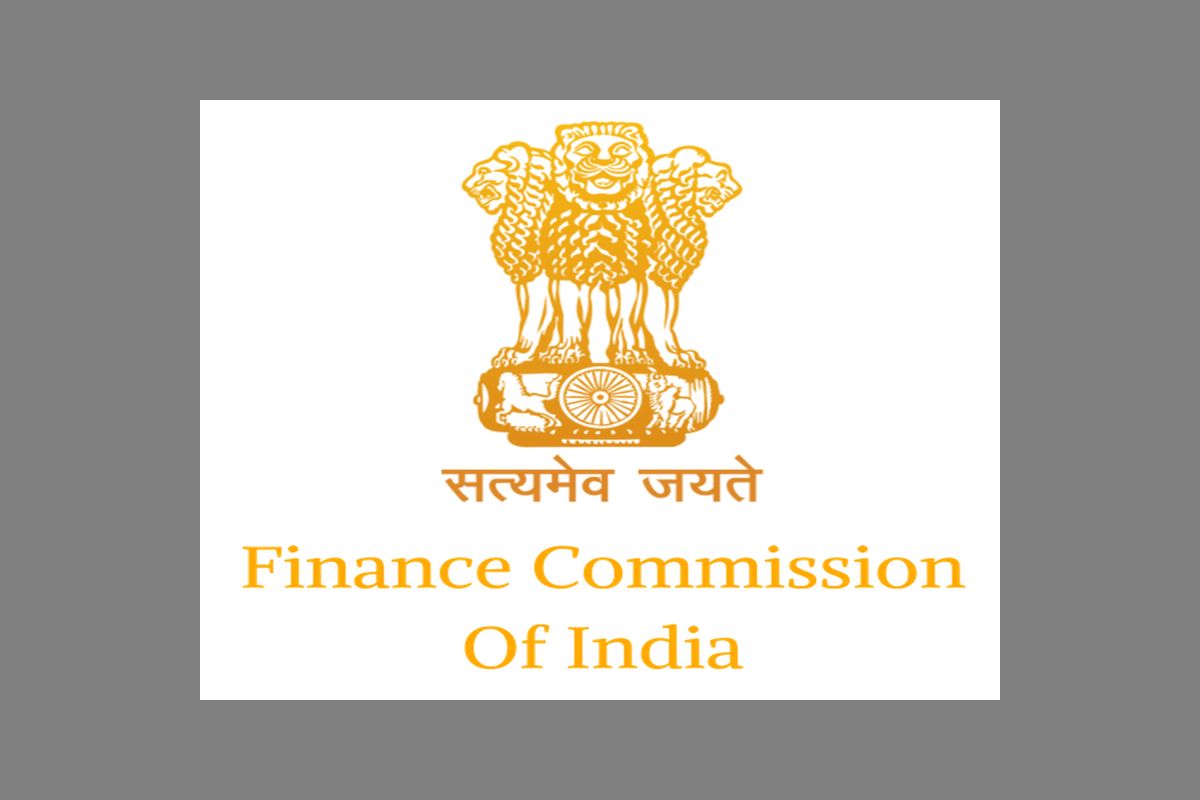India, a vast tapestry of diversity, is grappling with a fiscal conundrum that demands careful navigation. As the newly-appointed 16th Finance Commission, led by Arvind Panagariya, steps into the fray, it faces a Herculean task exacerbated by the silent fiscal crisis and the fragility of federalism. The Commission’s recommendations, a compass for Centre-state financial relations, are seemingly well-constructed on paper. Devolving 41 per cent of central taxes to states for the 2021-26 period, the Commission employs criteria like ‘income distance,’ ‘demographic performance,’ and ‘tax and fiscal efforts’ to determine each state’s share. These parameters, in principle, aim to incentivise states towards equitable development and responsible fiscal practices. However, the real-world context is somewhat different.
The Centre’s coercive stance, particularly visible in squeezing states’ fiscal freedom, underscores a widening trust deficit between New Delhi and the states. Kerala’s finance minister lamenting a reduction of borrowing limits exemplifies the tangible impact on states facing a severe financial crisis. The dichotomy between the Finance Commission recommendations and on-ground fiscal manouveurs is glaring. Despite suggestions for a fiscal consolidation roadmap, there’s a discernible politicisation of economic decisions. The Centre’s reluctance to align fiscal transfers with economic or social criteria suggests a departure from the intended purpose of the Finance Commission. Examining the figures on tax devolution, a stark reality emerges.
Advertisement
The pandemic year witnessed the lowest tax devolution levels, prompting states to borrow extensively for healthcare and pandemic-induced costs. The arbitrary reduction in borrowing power for certain states, notably those governed by opposition parties, raises questions about the impartiality of fiscal decisions. The states’ fiscal positions reveal a tale of contrasting fortunes. While Bihar and Uttar Pradesh receive substantial tax devolution shares based on their needs, states like Haryana, Punjab, and Kerala see minimal growth despite contributing significantly to the central government’s tax revenue. The data highlights a lopsided growth pattern persisting across states, raising concerns about the efficacy of fiscal policies in fostering equitable development.
Delving into debt landscapes, Mizoram grapples with the highest debtto-GDP ratio, followed by Punjab and Nagaland. The 16th Finance Commission faces the challenge of formulating a fiscal consolidation strategy for high-debt states, urging a delicate balance between reducing indebtedness and addressing spending priorities. The larger narrative reveals a Centre seemingly caught in a fiscal quagmire. The status quo in tax-based disbursements to states reflects a lack of vision in supporting their welfare and growth needs.
The erosion of the Centre’s fiscal capacity, irrespective of the political parties in power, implies a deeper issue of revenue collection inefficiency. Striking a delicate balance between devolution and consolidation, the 16th Finance Commission faces a formidable task in sculpting a fiscal trajectory that aligns with the diverse needs of the nation. As India navigates its fiscal maze, the real test lies in harmonising rhetoric with action, steering away from the spectre of a silent fiscal crisis towards sustainable economic future.











